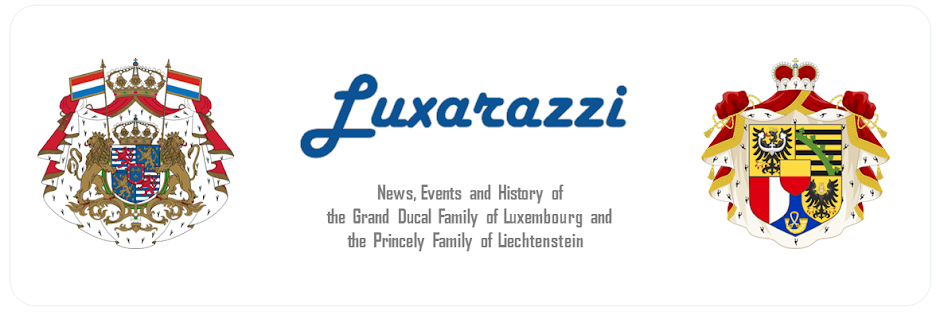Even those who are not regular followers of the Princely Family have probably heard about the topic of abortion in relation to the Principality. In 2011, there was a referendum in Liechtenstein to generally allow abortion within the first twelve weeks of pregnancy. Hereditary Prince Alois, who has been his father's regent since 2004, threatened to use his veto powers in case the majority would vote in favour of abortions on demand. In the end, 52.26% of voters rejected the referendum and the laws of 1987 stayed in place.
The current law states that abortion is illegal and whoever performs an abortion can be punished with up to one year in prison. If an abortion is performed for profit, the sentence is elevated to three years in prison. Abortions are permitted, however, when deemed necessary to prevent serious danger to the life of the pregnant woman or serious harm to her health, when the pregnant woman is under the age of fourteen and has not at any time been married to the man who impregnated her, or when performed to save the pregnant woman from immediate danger to her life that cannot otherwise be prevented. In all those cases, the abortion must be performed by a physician.
About a week ago on October 16, the FBP, the Progressive Citizens' Party in Liechtenstein of prime minister Adrian Hasler, has come forward with an initiative to decriminalise abortion which means that abortion will still not be allowed to be performed in Liechtenstein but that it will be legal for women to go abroad and perform an abortion according to the laws of the country in question. In addition, the FBP wants to change the penal code to make it a criminial offense to pressure a woman to have an abortion.
Apparently, quite a number of people has since asked the press office of the Hereditary Prince what he thinks about the legislative initiative and so he has decided to answer. In a nutshell, he agrees with the initiative. Hereditary Prince Alois says that the existing law has a guideline function for the society but that a change of focus will protect mothers and unborn children even more than it is the case now.
While the initiative reduces the orientation role of the law in one way, it strenghtens it in another very important way by criminalising it to pressure a woman to have an abortion which is sadly the case far too often. Instead of punishment, women shall receive help by providing them with professional, neutral and, if desired, anonymous counselling by specialists as well as quick, specific, free and lasting help to offer positive perspectives for a life with the child. In addition, child -friendly family, women and social policies shall be provided. Hereditary Prince Alois also says that more should be done in the fields of awareness and prevention work in order to avoid unwanted pregnancies.
For the whole statement, have a look at the press release.

No comments:
Post a Comment